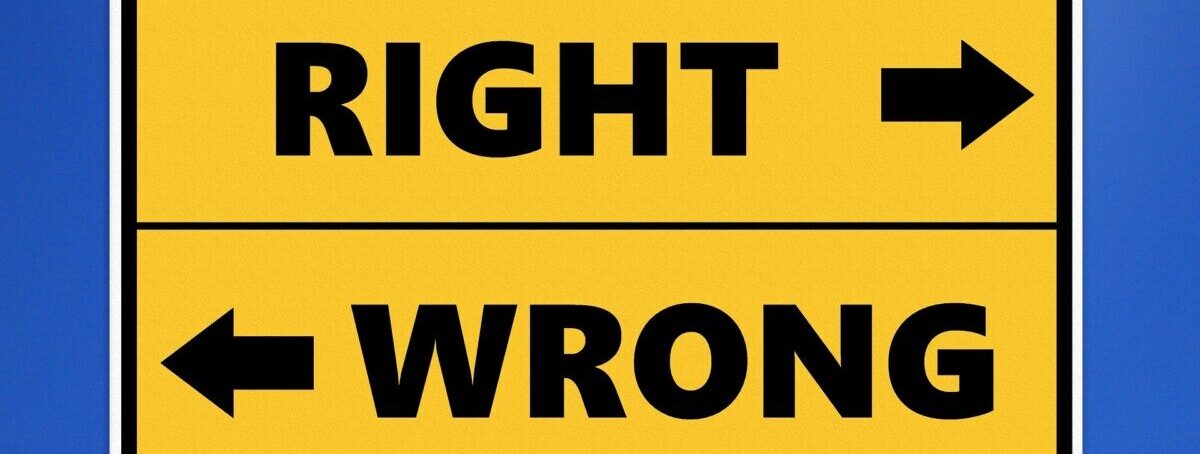Table of Contents
Course Description
An examination of the major ethical theories on what is morally right and wrong, and the meaning of moral concepts (e.g. the concepts of moral obligation, right, duty).
The main focus is upon ethical problems such as capital punishment, aid to the needy, abortion, etc.
Course Objectives
By the end of this course, students should have a basic understanding of several influential theories of ethics, and be able to recognize when contemporary moral claims rely on important concepts in these theories, such as duty, consequences, or virtue. Students will also attain a general ability to apply these theories to moral issues and concerns, and should have detailed knowledge of the moral components of the applied ethics issues discussed in this course.
Course Intended Learning Outcomes/Assessment Methods
| LEARNING OUTCOMES | ASSESSMENT METHODS* |
| 1. Attain a basic understanding of several influential theories of ethics: their features, presuppositions, and implications. | 1. Paper, exams, class discussion |
| 2. Be able to recognize when contemporary moral claims rely on important concepts in these theories, such as duty, consequences, or virtue. | 2. Class discussion, paper, exams |
| 3. Attain a general ability to apply ethical theories to moral issues. | 3. Class discussion, paper, exams |
| 4. Have detailed knowledge of the moral components of the applied ethics issues discussed in this course. | 4. Class discussion, paper, exams |



